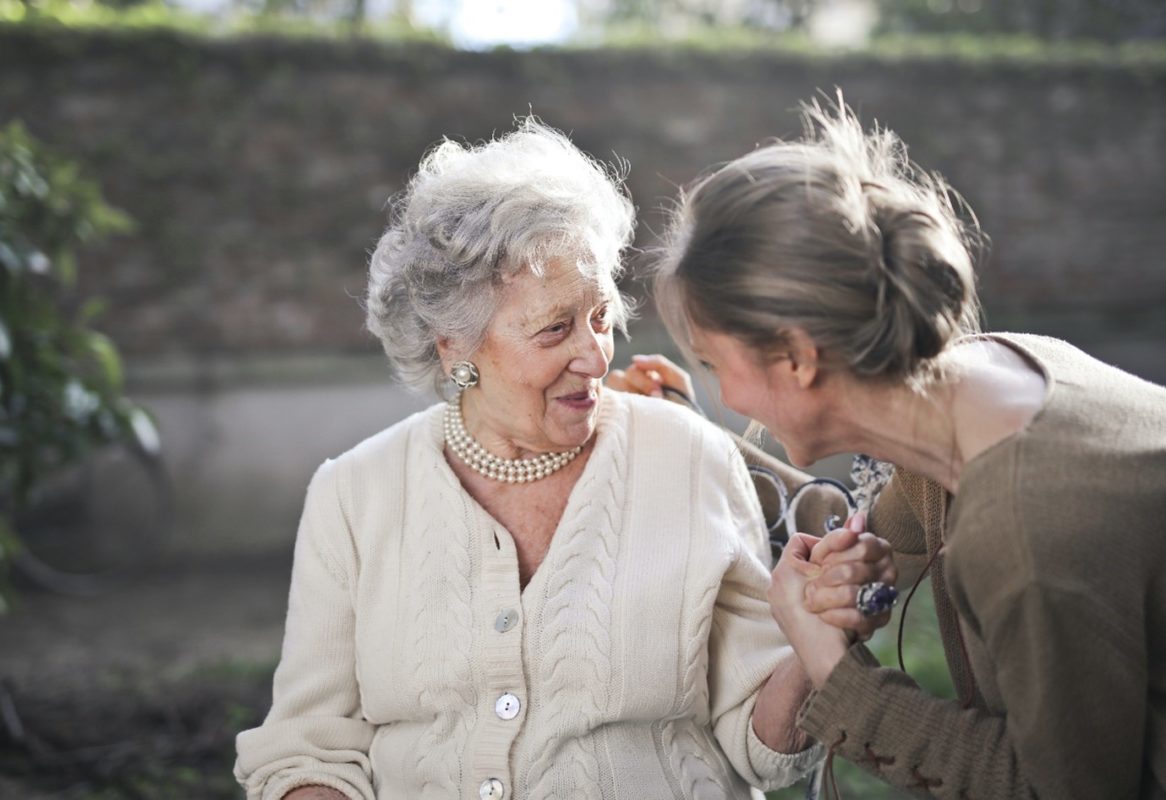Companionship is important throughout all stages of a person’s life, but as we get older it becomes more significant. Elderly people are more likely to suffer from loneliness for a wealth of reasons – maybe they live alone, have lost a partner or friends or live too far away from their family.
Bereavement, retirement and feeling excluded socially can all be factors that increase the feeling of loneliness and isolation and a great way to combat this feeling is with companionship. Companionship is something that can be offered by friends, family, neighbours, trained carers and this can really combat loneliness by having somebody to interact with.
What is a companion?
A companion is somebody who offers fellowship or friendship to another person who feels isolated and lonely. The connection between somebody and their companion should be strong and give them a sense of unity. The time somebody spends with their companion should be enjoyable and fulfil their needs.
Companionship is a basic human need and without companionship, people can feel isolated and lonely, which can then lead to more serious mental health issues, such as depression and even deteriorate physical health.
Companionship for the elderly
Everybody should be able to talk to someone else on a daily basis, but this is not always possible for many elderly people. Those who live alone, who have no family/friends that live nearby and those who struggle to leave their house due to physical health old age can miss out on very important social interactions.
Companionship can now be offered as a care service from care providers to give physical and emotional support. If an individual already has home care, then the carer already offers companionship whilst they carry out other tasks around the home. If an individual does not particularly need help living on their own physically, they should still be able to apply for a carer who offers companionship services.
What can a companion do?
There is a range of ways that a companionship carer can help, which include:
- Help the individual engage in memory exercises and activities like puzzles
- Encourage mental health and mental stimulation by reflecting on past memories and experiences with the individual
- Prepare meals, cook, bake and eat out together
- Go out shopping
- Participate in hobbies together
- Help the individual attend social outings, clubs and groups
- Visit friends and family with the individual
- Help with day trips and visiting public places
- Help the individual go to new places where they can meet new people and make new friends




